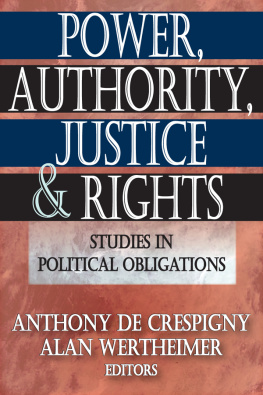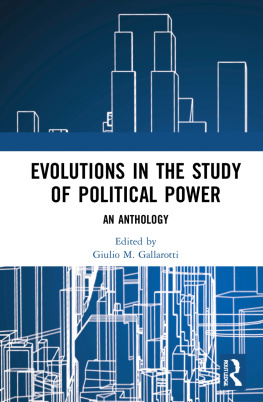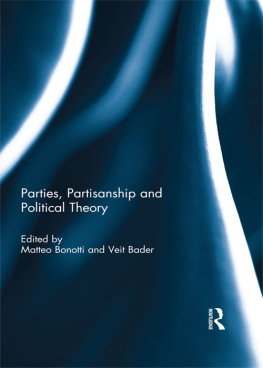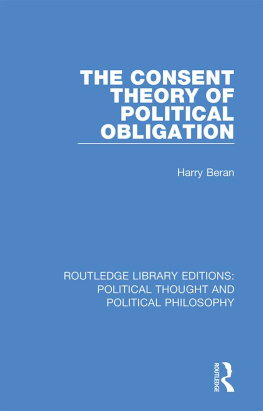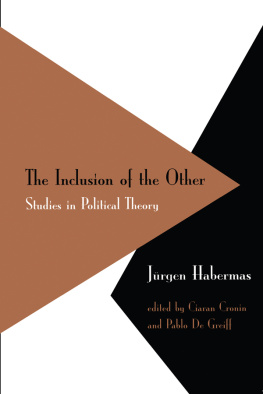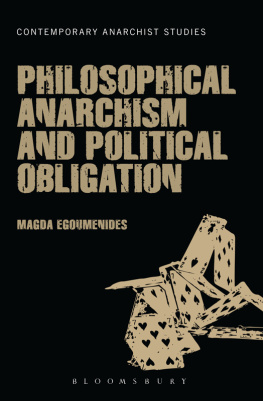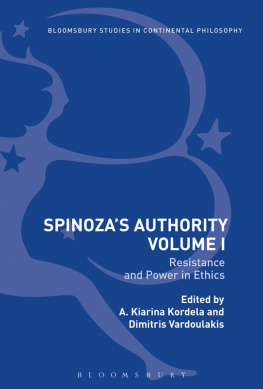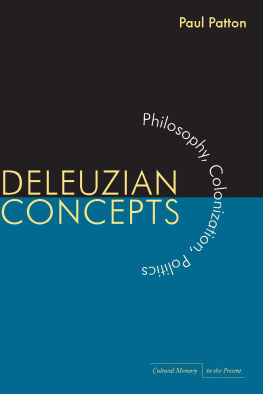POWER, AUTHORITY, JUSTICE & RIGHTS
POWER, AUTHORITY, JUSTICE & RIGHTS
STUDIES IN POLITICAL OBLIGATIONS
ANTHONY DE CRESPIGNY
ALAN WERTHEIMER
EDITORS
First published 1970 by Transaction Publishers
Published 2017 by Routledge
2 Park Square, Milton Park, Abingdon, Oxon OX14 4RN
711 Third Avenue, New York, NY 10017, USA
Routledge is an imprint of the Taylor & Francis Group, an in forma business
All rights reserved. No part of this book may be reprinted or reproduced or utilised in any form or by any electronic, mechanical, or other means, now known or hereafter invented, including photocopying and recording, or in any information storage or retrieval system, without permission in writing from the publishers.
Notice:
Product or corporate names may be trademarks or registered trademarks, and are used only for identification and explanation without intent to infringe.
Library of Congress Catalog Number: 2009044627
Library of Congress Cataloging-in-Publication Data
De Crespigny, Anthony.
Power, authority, justice, and rights : studies in political obligations / Anthony de Crespigny and Alan Wertheimer.
p. cm.
Originally published: Contemporary political theory. New York : Atherton Press, 1970.
Includes bibliographical references and index.
ISBN 978-0-202-36344-8 (alk. paper)
1. Political science. I. Wertheimer, Alan. II. Title.
JA71.D42 2009
320.01--dc22
2009044627
ISBN 13: 978-0-202-36344-8 (pbk)
Contents
Select Bibliography
Index
The Contributors
M. BROWN STUART
College of Arts and Sciences, Dean Cornell University
C. W. CASSINELLI
Department of Political Science University of Washington
CHARVET JOHN
Department of Political Science The London School of Economics
DE CRESPIGNY ANTHONY
Department of Political Science Case Western Reserve University
C. MACCALLUM AND JR. GERALD
Department of Philosophy The University of Wisconsin
MACDONALD MARGARET
late of University of London
P.H. PARTRIDGE
Department of Philosophy Australian National University
R. S. PETERS
Institute of Education University of London
D. D. RAPHAEL
Department of Politics and Sociology The University of Glasgow
RAWLS JOHN
Department of Philosophy Harvard University
H. SCHAAR JOHN
Department of Political Science University of California, Berkeley
K. J. SCOTT
late of Victoria University College, Wellington
WALZER MICHAEL
Department of Government Harvard University
A. WASSERSTROM RICHARD
School of Law and Department of Philosophy University of California, Los Angeles
Introduction
WHETHER he has lived among philosophers or political scientists, the position of the political theorist has in recent decades been a difficult one. On the one hand, he has had to face the criticisms of those who claim that the proper object of philosophy is clarification, and in particular that it is not the job of the philosopher to prescribe or recommend. On the other hand, his subject has been criticized by those whose conception of the social sciences as value-free leads them to argue that political scientists should confine themselves to the study and explanation of facts.
In this general introduction we want to consider briefly some of the more important criticisms of political philosophy and to say something about the nature and possibilities of the subject. It is tempting to ignore such criticisms and simply write positively about the value of political philosophy. Unfortunately, these criticisms are still influential and must, for this reason, be examined. But although it is necessary to defend political philosophy, it should not be thought that we feel at all defensive about it. On the contrary, it is our belief that this subject has seldom been more important and more relevant than it is at the present time.
The great political philosophers of the past were engaged in a number of different kinds of activity. They investigated or speculated about matters of fact and framed generalizations about social and political phenomena. They also sought to clarify and sometimes to criticize the words and phrases commonly used in political discussion. Furthermore, they expressed views about the ends that governments should pursue and how governments should be organized to secure those ends. These views were usually connected with philosophical or psychological theories.
Critics of the main works of traditional political philosophy have observed, among other things, (1) that they contain a host of statements about matters of fact that can be shown to be false or inadequate or wholly speculative, (2) that their authors frequently commit the fallacy of deriving prescriptive conclusions from factual premises, (3) that these works reflect a false conception of the philosophers task, (4) that they have impeded the progress of political science, (5) that they abound in vague statements and ask improper questions, (6) that they are largely irrelevant since they were written long ago and in circumstances very different from our own, and (7) that the prescriptive theories advanced in them are the determined product of objective historical factors.
Let us look at these criticisms. It is undeniable that the empirical inquiries of the traditional political philosophers tend to be unimpressive when judged in the light of contemporary knowledge and by contemporary standards of scientific investigation. Their writings are full of speculative assertions about matters of factassertions about human nature, about how men would behave in hypothetical circumstances, about the origins of private property and the state, about the connection between the extension of liberty and the promotion of other goods, and so on. Of particular importance in the construction of their prescriptive theories were their conceptions of human nature, for their doctrines about how society should be constituted and how men should live were developed in intimate connection with their beliefs about human wants, needs, and purposes. As different desires and needs were distinguished as essential, different forms of society were prescribed.
It has been objected that this form of argument is of doubtful validity, since it has become increasingly difficult in the last hundred years to believe that there is such a thing as human nature, fixed, finished, and ascertainable.
Can the ground-plan of mens nature ever be known, and therefore the fitting forms of its expression prescribed? Suppose that one has been gradually convinced that there is no universally valid statement to be made about human nature, except the negative statement that it is essentially unfinished, uncertain, left open for indefinite development in many diverging directions; that the range of human needs, and their order of priority, cannot be anticipated and circumscribed, except in physical and biological terms; that we can never know in advance what mens minds and temperaments may become as a result of their continuing experiments on themselves; and that the only limit to experiment is set by the unanticipated desires and needs which appear in particular men at some particular time. Then no deduction of the proper order of society is possible: political philosophy must begin again from new premisses.

